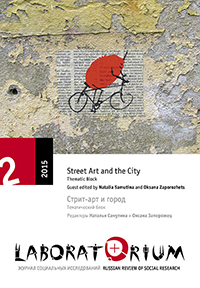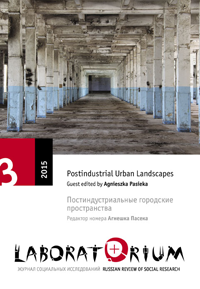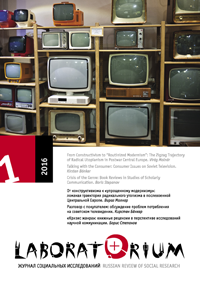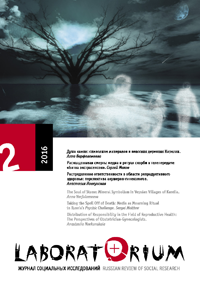
Berlin, the City of Saturated Walls
“Saturation” is the term suggested by the authors to describe the present state of the visual environment of Berlin, the city that acquired a reputation as the European capital of street art. Saturation is a consequence of the gradual infiltration of graffiti and street art into everyday life and the visual environment of Berlin, and their acceptance by city residents. Berliners’ fondness for street imagery is enhanced by the experience and memory of the independent reappropriation and rearrangement of urban space the city underwent after unification. The memory of the Berlin Wall plays a significant role in sustaining Berlin graffiti and street art cultures. It makes evident the history of the images and their creators and their role in urban communication. Simultaneously it normalizes the ephemerality of street imagery. Visual saturation in Berlin is complemented by the activities of “mediators,” who draw various audiences’ attention to graffiti and street art and encourage the interaction of all interested parties.
More...


